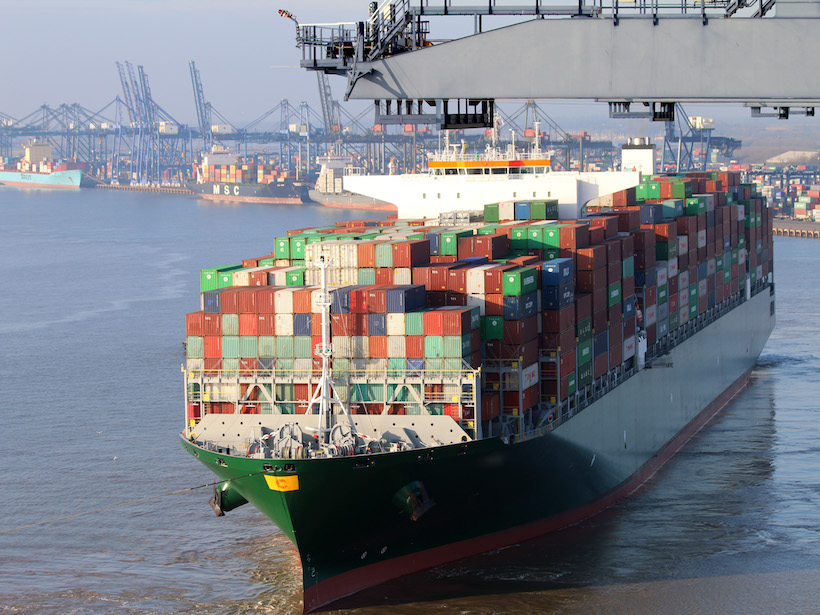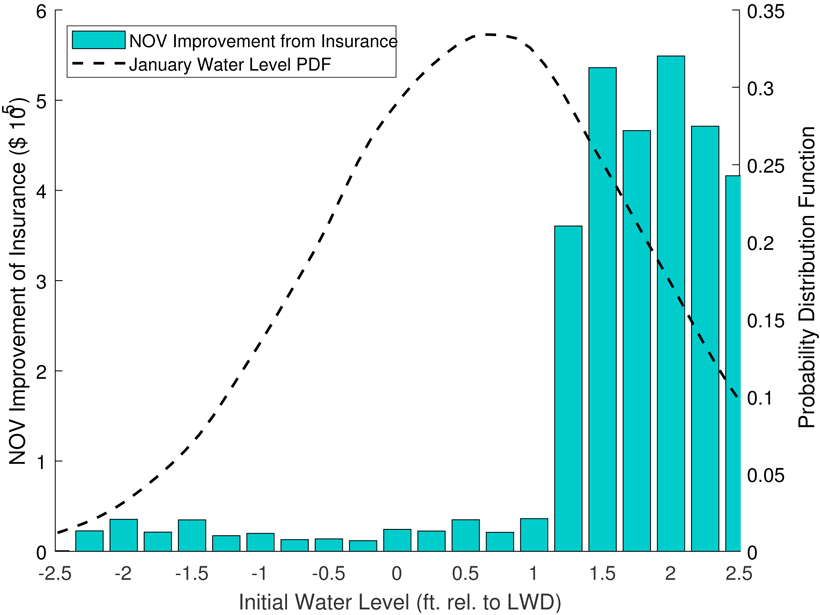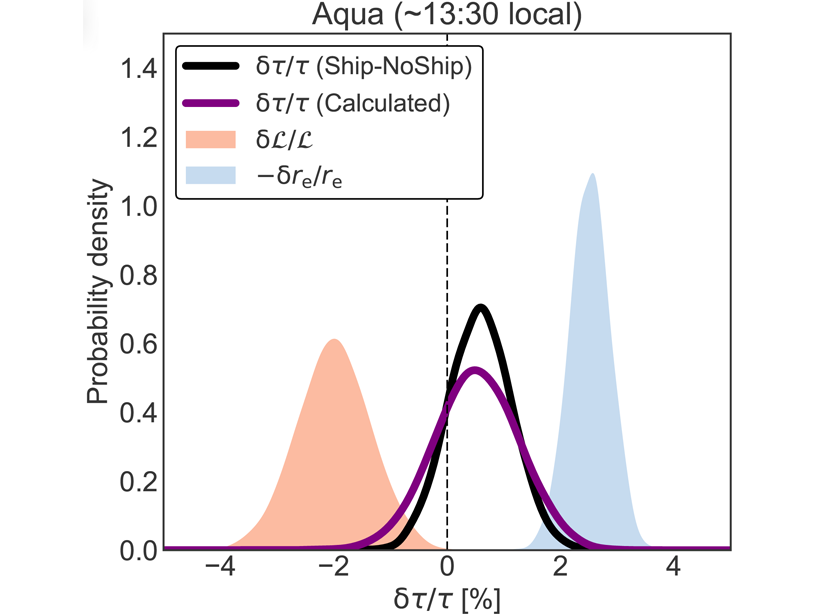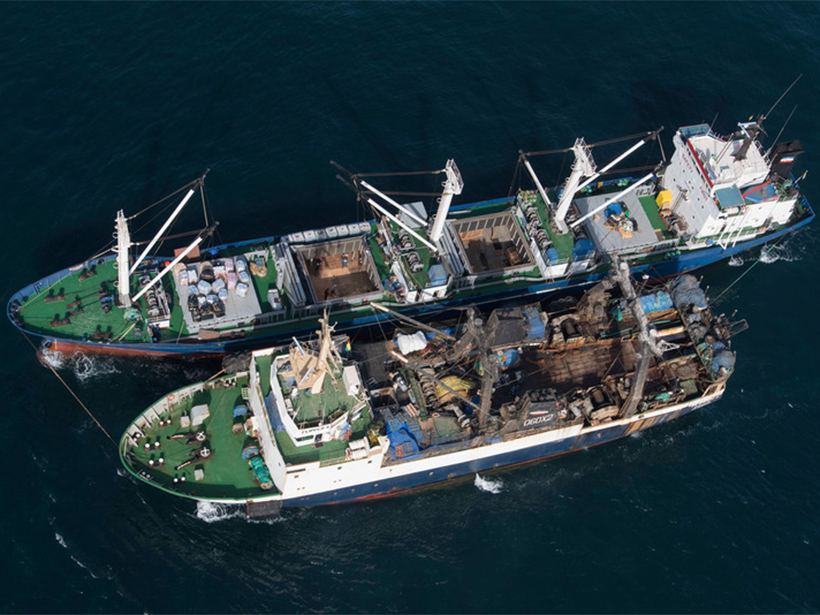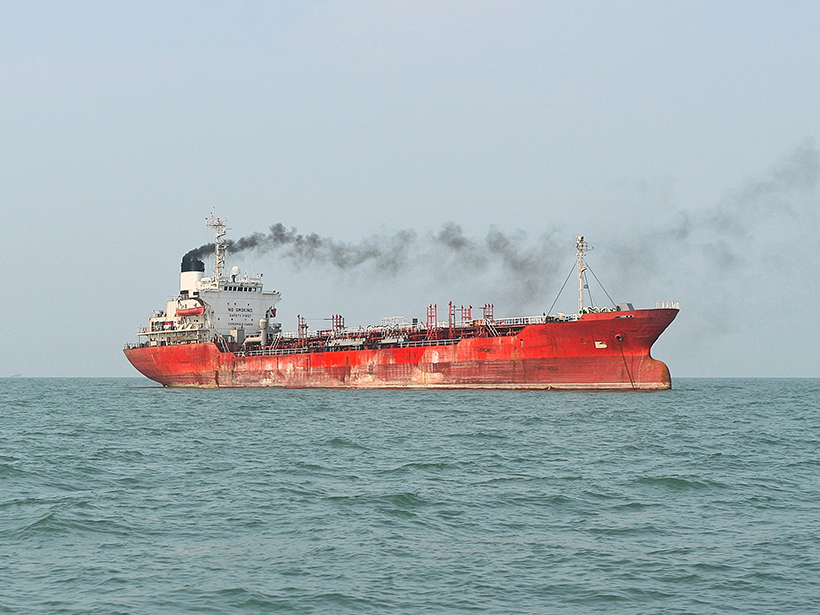The AI-based monitoring method may unlock data that could improve shipping safety and climate predictions.
shipping
Tracking Climate Through Ship Exhaust
International regulations have reduced aerosol pollutants released from ships. Now, researchers want to use ship tracks to better understand the ambiguous effects that cleaner air has on climate.
Arctic Shipping Routes Are Feeling the Heat
Climate science and the global shipping industry collide in an ice-poor Arctic.
The Benefits of Better Ocean Weather Forecasting
Improvements in our ability to forecast oceanic conditions weeks to months in advance will help communities, industries, and other groups prepare amid a changing climate.
Seaports Expected to Grow by up to Fourfold by 2050
New research finds adaptation of ports to sea level rise cheap compared to new construction needed to keep up with growing maritime trade.
New Analysis Helps Manage Risks to Shipping in the Great Lakes
Modeling of mysteriously fluctuating water levels in the Great Lakes has helped to optimize the prices of shipping insurance contracts along with investments in dredging navigation channels.
Quantifying Aerosol Effects on Climate Using Ship Track Clouds
A new methodology for measuring how human emissions influence cloud properties and radiative forcing developed by reconstructing cloud fields in maritime shipping lanes.
Algorithm Spots Climate-Altering Ship Tracks in Satellite Data
Tens of thousands of ship tracks—cloud structures created when ships’ exhaust plumes interact with the atmosphere—are pinpointed automatically, furthering study of these climate-altering features.
Illegal Seafood Supply Chains Can Now Be Tracked by Satellite
Researchers pinpoint more than 10,000 likely transfers of catches between fishing vessels and cargo ships at sea. Knowing where these transfers occur can help officials crack down on illegal activity.
Brown Carbon from Increased Shipping Could Harm Arctic Ice
Emission from a ship’s engine gives clues to how much light-absorbing molecules may build up on and above snow and sea ice. Such emissions are likely to increase as more ships venture into the Arctic.





